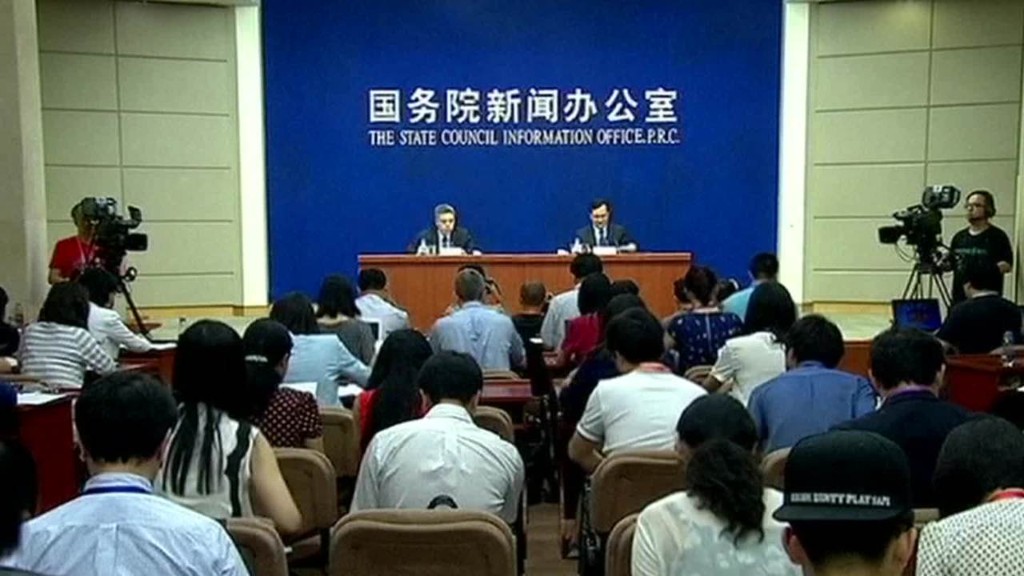
In 2007, Li Keqiang, a Chinese provincial official, let the American ambassador in on a little secret: China's GDP figures are "man-made" and therefore "unreliable."
He told the ambassador that most of the country's economic data, and especially its GDP, should be used for "reference only," according to a diplomatic cable published by Wikileaks.
Li, an economist by training, is now China's prime minister. But back in 2007, when he was still a rising party official, he described a preferred alternate method for measuring economic growth: look at electricity consumption, railway freight volume, and bank loans.
On Wednesday, the debate over the accuracy of China's GDP figures was revived after officials announced that the economy grew by 7% in the second quarter -- a level that few economists thought probable. First quarter GDP also came in at 7%, and Beijing's official growth target for 2015 is ... you guessed it: 7%.
"Stronger-than-expected GDP growth will inevitably spark renewed questions over the veracity of the official data," said Julian Evans-Pritchard of Capital Economics. "We think that actual growth is almost certainly a percentage point or two slower."
Related: China hits bull's-eye again with 7% GDP growth
The debate over GDP numbers is a favorite topic for China watchers. Some are convinced that China is cooking its books. Others believe state statistics are largely reliable and useful. Still others debate the accuracy of certain data classes, and point to more meaningful alternatives.
Much of the current controversy is about the "GDP deflator," a statistical tool used to calculate GDP. Nobody has accused China of manipulating the measure, but some economists think the way it's calculated means growth is being overstated.
Chinese statistics officials deny there is a problem.
"China does not underestimate its GDP deflator and we don't overestimate our GDP," National Bureau of Statistics spokesman Sheng Laiyun said Wednesday.

In the past, criticism of GDP calculations was mostly tied to "GDP worship." The best way for officials to get a promotion, be it at the village or provincial level, was to hit -- or exceed -- growth targets, and then send the good news along to Beijing. This led to all kinds of funny business.
"China does not have an independent statistics bureau," said Andy Xie, an independent economist. "It depends on local governments reporting the numbers from the bottom up, and local governments do have an incentive to distort numbers."
Xie, a former chief economist for Asia-Pacific at Morgan Stanley and noted China bear, said the country's current GDP is probably closer to 4% or 5%. He recommended looking at wage growth, exports, auto production and electricity consumption instead of GDP. But even that leaves something to be desired.
"Lately, we even have noticed that local governments are fudging the electricity numbers, because they know senior leaders are looking at the electricity number," he said.
-- Andrew Stevens contributed reporting.


